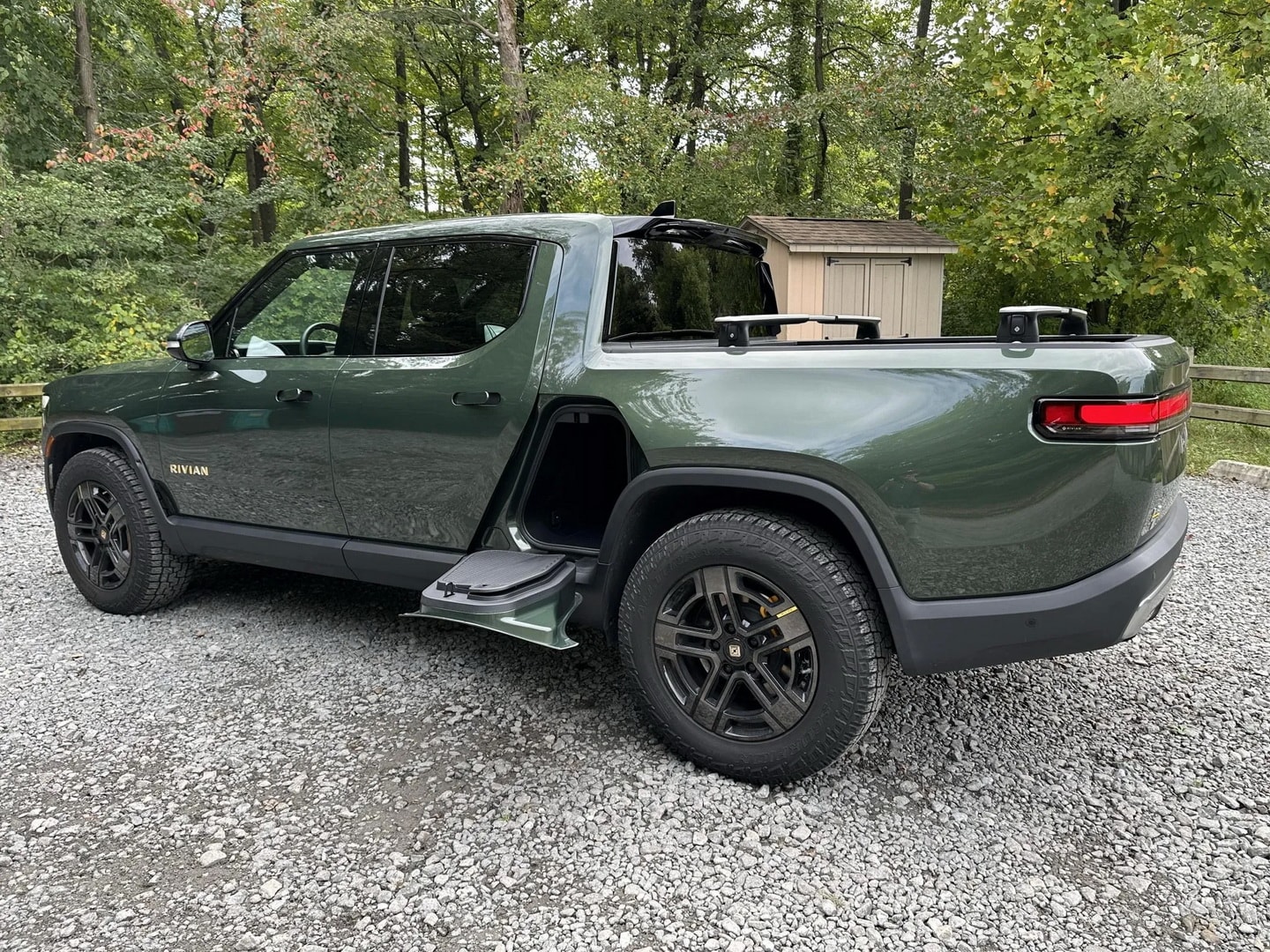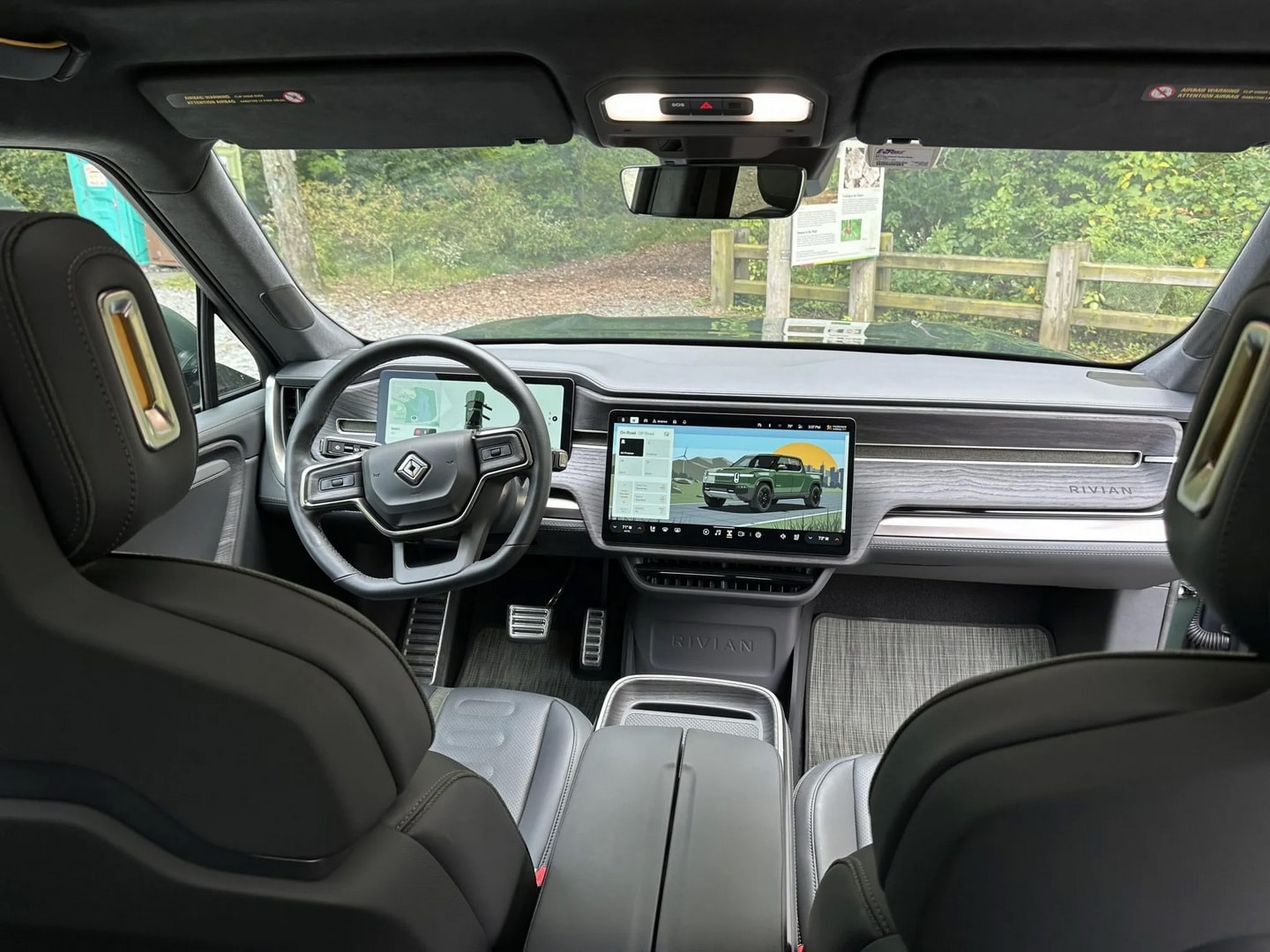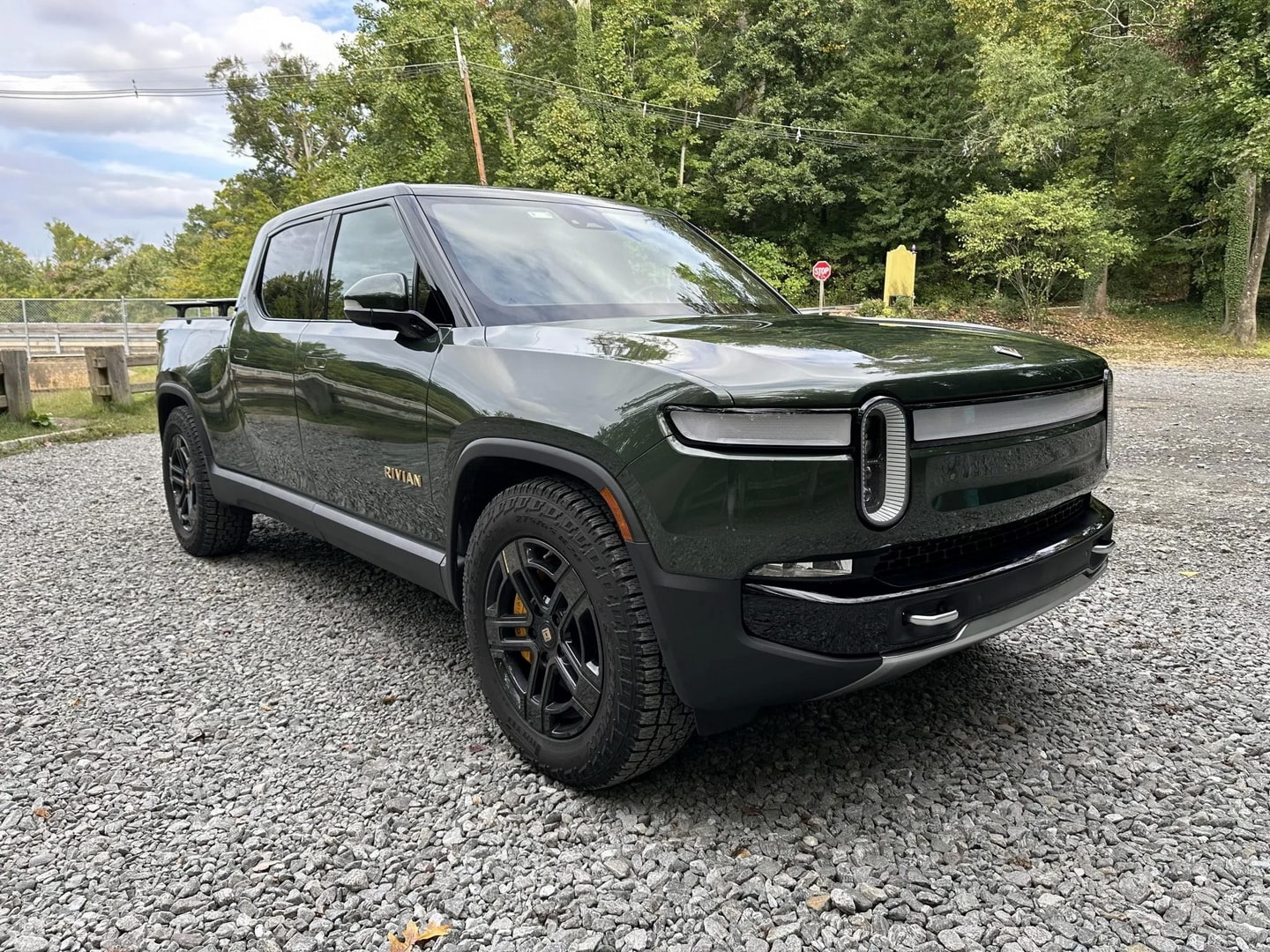The dramatic decline in the resale value of electric vehicles, particularly the Rivian R1T, has raised significant concerns about their long term viability. While EVs have gained substantial traction in recent years, driven by factors such as environmental concerns and technological advancements, their high purchase prices, limited range, and diminishing government incentives have tempered their popularity.
The rapid shift in the R1T’s market value, from commanding premiums to selling at substantial discounts within a short period, underscores the volatile nature of the EV market. As consumers become more discerning and manufacturers diversify their product offerings, the future of electric vehicles remains uncertain.

Several factors have contributed to the decline in EV resale values. The high initial cost of EVs, often exceeding that of traditional gasoline-powered vehicles, has made them less accessible to many consumers. Additionally, concerns about range anxiety, or the fear of running out of battery power, have limited the appeal of EVs for long distance travel or those living in areas with limited charging infrastructure.
Moreover, the diminishing government incentives, which played a crucial role in driving EV adoption, have reduced their relative affordability. The R1T, once a highly sought-after electric pickup truck, has experienced a significant drop in resale value. Despite its impressive features and capabilities, the combination of its high price tag and limited range has made it less attractive to potential buyers.
As a result, the R1T has been selling at prices well below its original MSRP, indicating a significant loss in value. The decline in EV resale values has implications for both consumers and manufacturers. For consumers, it means that EVs may not hold their value as well as traditional vehicles, potentially affecting their long term financial returns.
For manufacturers, it raises questions about the sustainability of the EV market and the profitability of their investments in electric vehicle technology. As the EV market continues to evolve, manufacturers are increasingly focusing on addressing the challenges that have contributed to declining resale values.
This includes developing more affordable models, expanding charging infrastructure, and improving battery technology to enhance range and performance. Additionally, manufacturers are diversifying their product offerings to cater to a wider range of consumer preferences, including hybrid and plug-in hybrid vehicles.
While the future of electric vehicles remains uncertain, the decline in resale values highlights the need for continued innovation and advancements to address the challenges and limitations that currently exist. By addressing these issues, manufacturers can help to ensure the long term viability of the EV market and make EVs a more attractive option for consumers.

The Rivian R1T is a luxury electric pickup truck that offers a wealth of features and impressive performance. Inside, you’ll find high quality vegan leather seats that are both heated and ventilated, along with dark wood trim accents that add a touch of sophistication.
The R1T also features multi-zone climate control, a wireless charging pad, adaptive cruise control, a heated steering wheel, and two large displays that provide information and entertainment.
Under the hood, the R1T is powered by a quad motor configuration that delivers a combined total of 835 horsepower and 908 lb-ft of torque. This power is delivered to each wheel independently via a four wheel torque vectoring system, making the R1T more than fast enough for a pickup truck.

